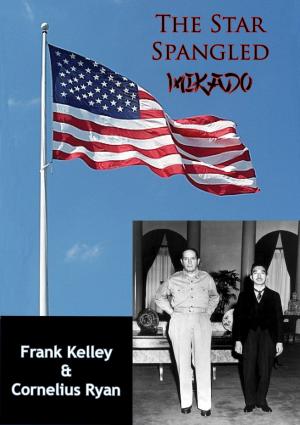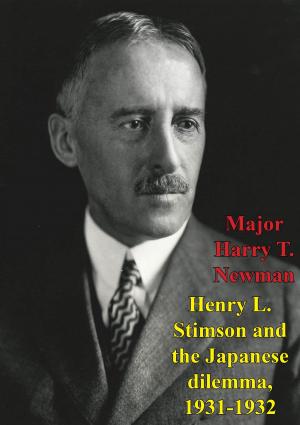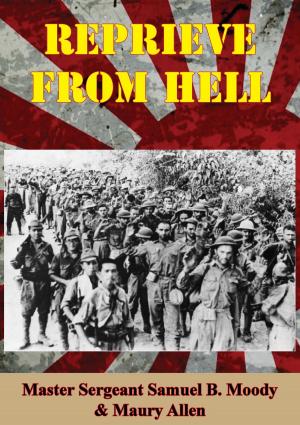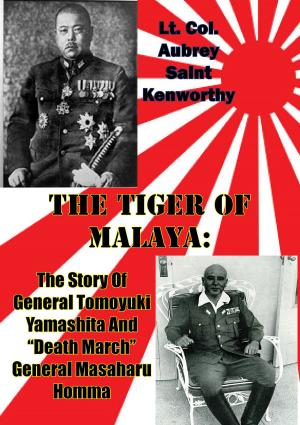Australian Light Horse: A Study Of The Evolution Of Tactical And Operational Maneuver
Nonfiction, History, Military, World War I, Germany, British| Author: | Major Edwin L. Kennedy Jr. | ISBN: | 9781782896982 |
| Publisher: | Verdun Press | Publication: | August 15, 2014 |
| Imprint: | Verdun Press | Language: | English |
| Author: | Major Edwin L. Kennedy Jr. |
| ISBN: | 9781782896982 |
| Publisher: | Verdun Press |
| Publication: | August 15, 2014 |
| Imprint: | Verdun Press |
| Language: | English |
This study analyzes the actions of the Australian Light Horse in the Middle East campaign during World War I. It shows the basis for their approach to war and how these techniques were successful by adapting to the circumstances of the situation. The Australian Light Horse demonstrated the traits of initiative and flexibility during the campaign in Egypt and Palestine by changing their modus operandi from mounted infantry to cavalry, a seemingly minor shift semantically, a major shift doctrinally.
Their adaptability to the situations in the desert was largely responsible for their tactical successes and played a major part in the success of the operational maneuver of the mounted forces under General Allenby during the last year of the war. Most importantly, the lessons learned from their actions sustained the advocates of horse cavalry doctrine long after the apparent usefulness of the horse on the modern battlefield had diminished in importance.
This study analyzes the actions of the Australian Light Horse in the Middle East campaign during World War I. It shows the basis for their approach to war and how these techniques were successful by adapting to the circumstances of the situation. The Australian Light Horse demonstrated the traits of initiative and flexibility during the campaign in Egypt and Palestine by changing their modus operandi from mounted infantry to cavalry, a seemingly minor shift semantically, a major shift doctrinally.
Their adaptability to the situations in the desert was largely responsible for their tactical successes and played a major part in the success of the operational maneuver of the mounted forces under General Allenby during the last year of the war. Most importantly, the lessons learned from their actions sustained the advocates of horse cavalry doctrine long after the apparent usefulness of the horse on the modern battlefield had diminished in importance.
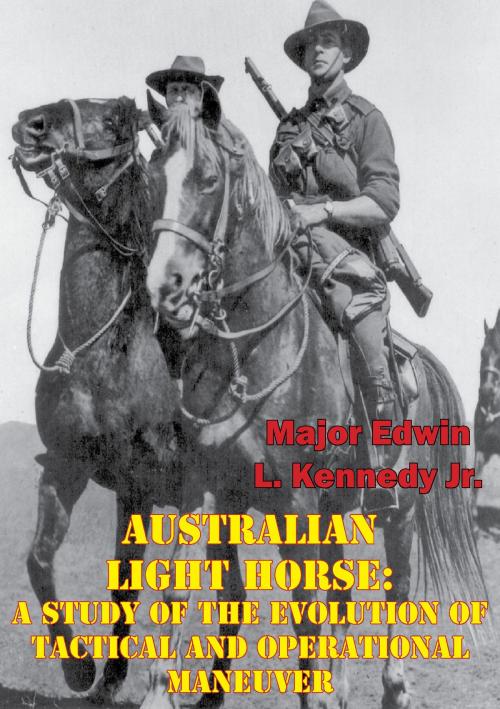
![Cover of the book The Desert Campaigns [Illustrated Edition] by Major Edwin L. Kennedy Jr.](https://www.kuoky.com/images/2014/august/300x300/9781782895466-UZXb_300x.jpg)
![Cover of the book 7 December 1941: The Air Force Story [Illustrated Edition] by Major Edwin L. Kennedy Jr.](https://www.kuoky.com/images/2014/august/300x300/9781782895985-busd_300x.jpg)
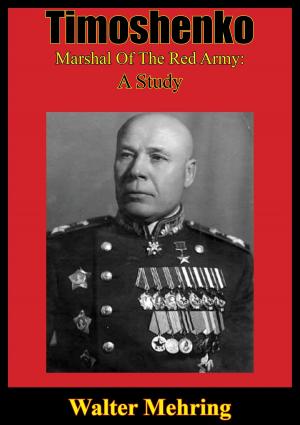
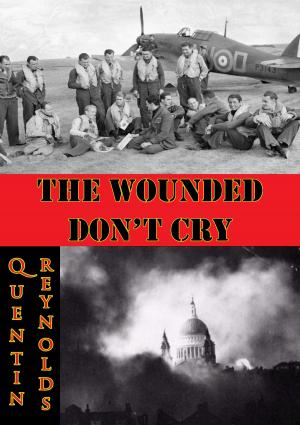
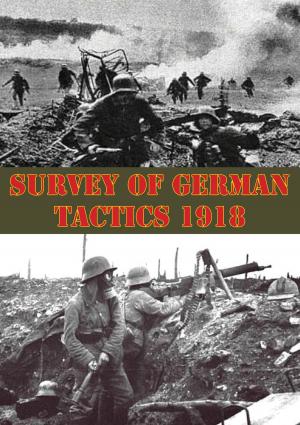
![Cover of the book The Official History Of The New Zealand Rifle Brigade [Illustrated Edition] by Major Edwin L. Kennedy Jr.](https://www.kuoky.com/images/2014/june/300x300/9781782892472-cpR2_300x.jpg)
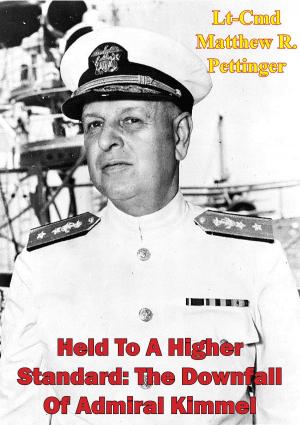
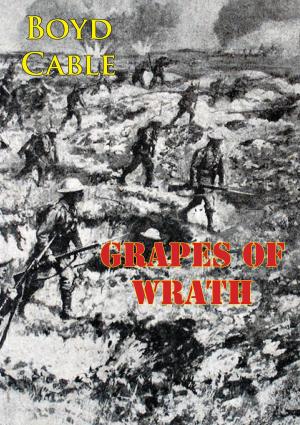
![Cover of the book The Long Road To Victory [Illustrated Edition] by Major Edwin L. Kennedy Jr.](https://www.kuoky.com/images/2014/august/300x300/9781782892687-k2po_300x.jpg)
